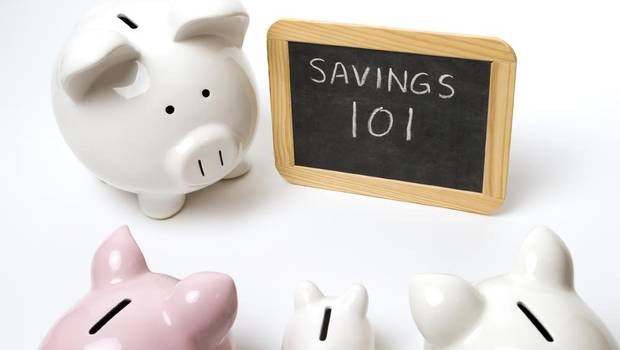This primer will help you be a taxsmart ETF investor The Globe and Mail
Post on: 16 Март, 2015 No Comment

The Globe and Mail
Published Friday, Feb. 06 2015, 7:49 PM EST
Last updated Thursday, Feb. 12 2015, 12:56 PM EST
Exchange-traded funds work in different ways depending on whether you put them in an RRSP, TFSA or non-registered account
If you think picking the right ETF for your portfolio is a taxing matter, just wait until you try to figure out whether your fund is best held in an RRSP, TFSA or non-registered account.
For tax reasons, exchange-traded funds work better in some types of accounts than others. For example, a U.S. equity ETF can be a good fit in a registered retirement savings plan, an okay fit for a non-registered account and a less-than-ideal fit for tax-free savings accounts. Bond ETFs are ideal for TFSAs and RRSPs, much less so for non-registered accounts.
Tax considerations are secondary to the principles of sound portfolio construction with ETFs, including diversification and low costs. But being a tax-smart ETF investor can minimize money lost to Canadian income tax and withholding taxes taken off the top of dividends paid by companies in the United States and abroad.
To help simplify tax strategies for ETF investors, I enlisted the help of Dan Bortolotti and Justin Bender of PWL Capital, a firm that builds portfolios for clients using ETFs. For this column, they worked with me to create a chart that shows how four categories of ETF – Canadian equity, U.S. equity, international equity and bond – fit from a tax point of view in RRSPs, registered retirement income funds and locked-in retirement accounts; in TFSAs; and in non-registered accounts. The chart is a complement to The Globe and Mail ETF Buyer’s Guide, the first instalment of which was published a few weeks back .
Mr. Bortolotti, a financial planning consultant at PWL, says the ETF tax chart is meant to provide guidelines only. “When you try to simplify things like this too much, people think there are hard and fast rules, and there aren’t,” he said. “A lot of decisions will depend on the individual’s situation.”

For example, there’s the question of whether to use a TFSA or an RRSP. Mr. Bortolotti urges people to base the choice on their total financial picture, and not on minimizing taxes related to ETFs. You could easily get caught up in tax minutiae.
Consider the case of a U.S. equity ETF paying dividends. As the chart shows, dividends from this type of fund are subject to a 15-per-cent withholding tax in a TFSA (there are no other taxes to worry about). In an RRSP, you can deke around the withholding tax by using a U.S.-listed ETF. Is the RRSP the right choice, then? For young investors, probably not (read more online on why TFSAs make sense for young adults ).
Underscoring the argument that tax considerations have to be carefully weighed, Mr. Bender pointed out that the tax efficiency of U.S.-listed ETFs doesn’t make them an automatic choice. Unless you hold for a long period of time, he says, the foreign-exchange costs involved in buying a U.S.-listed security can outweigh the benefit of avoiding withholding tax. He and Mr. Bortolotti have blogged about a technique called Norbert’s Gambit that can help you cheaply convert Canadian dollars into U.S. currency, but it’s fairly advanced stuff .
“We encourage people to start with the Canadian-listed ETFs if they’re not comfortable with the currency conversion,” said Mr. Bender, a portfolio manager at PWL. “As they get more knowledgeable, they can check out U.S. ETFs.”
Give some thought to the type of account you’re using for ETFs and take reasonable measures to minimize tax. But Mr. Bortolotti said you shouldn’t feel pressured to open TFSAs, RRSPs and non-registered accounts so you can put your ETFs in exactly the right spot. “In general, you should be investing in tax-sheltered accounts wherever possible, not placing things in what you think are the most tax-efficient accounts.”














